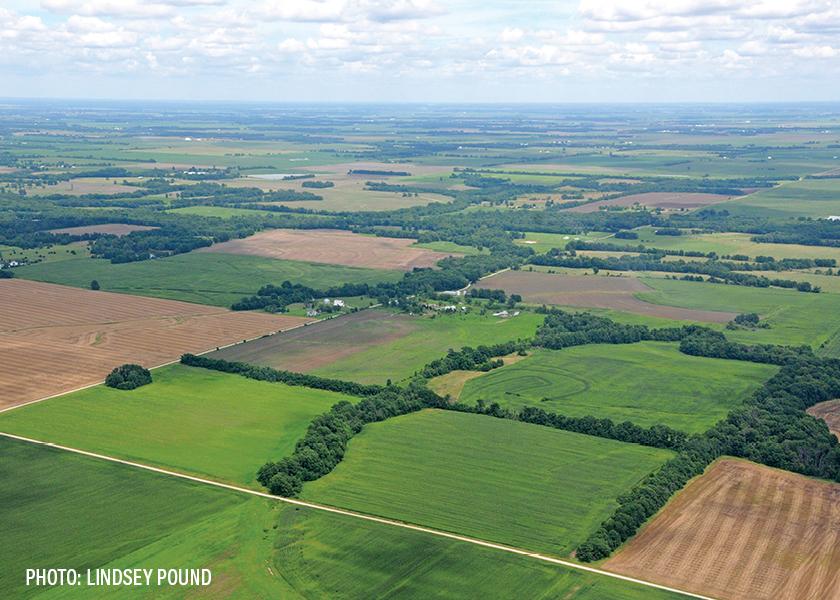New Farmland Bill Would Create a Public Database for Foreign Land Ownership

Sens. Chuck Grassley (R-Iowa) and Tammy Baldwin (D-Wis.) introduced a new bipartisan bill, the Farmland Security Act of 2023, seeking to further boost transparency in foreign ownership of U.S. farmland.
The legislation builds upon measures introduced by the same senators in the Farmland Security Act of 2022 and amendments to the 1978 Agricultural Foreign Investment Disclosure Act. This bill would require greater transparency for foreign purchases of U.S. ag land, impose stronger penalties for reporting non-compliance, and mandate USDA to audit a minimum of 10% of foreign ag land ownership reports annually.
The issue of foreign ownership is increasingly important as nearly half of U.S. ag land is owned by individuals aged 65 and over, and approximately 100 million acres are expected to change hands over the next decade due to retirement.
What's included in the Farmland Security Act of 2023?
The measure necessitates a transition to a digital filing system and a public database on foreign ownership for researching ownership trends. It also requires the USDA to report on foreign investment impacts. The bill further emphasizes transparency, complete and accurate data collection, and greater understanding of foreign ownership.
The new legislation introduces stricter penalties for non-compliant foreign owners or "shell companies" by removing the current fee cap of 25% of land valuation, imposing a 100% land valuation fee for non-reporting shell companies unless corrected within 60 days of notification. It authorizes $2 million annually for administration as amended in the Agricultural Foreign Investment Disclosure Act.
Other stipulations include USDA research into foreign ownership of agricultural production capacity and foreign participation in U.S. ag, along with investigations into the use of "shell companies". State and county-level staff would also be trained to identify non-reporting foreign-owned farmland.







